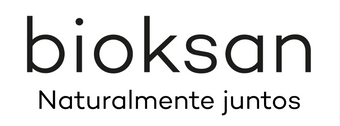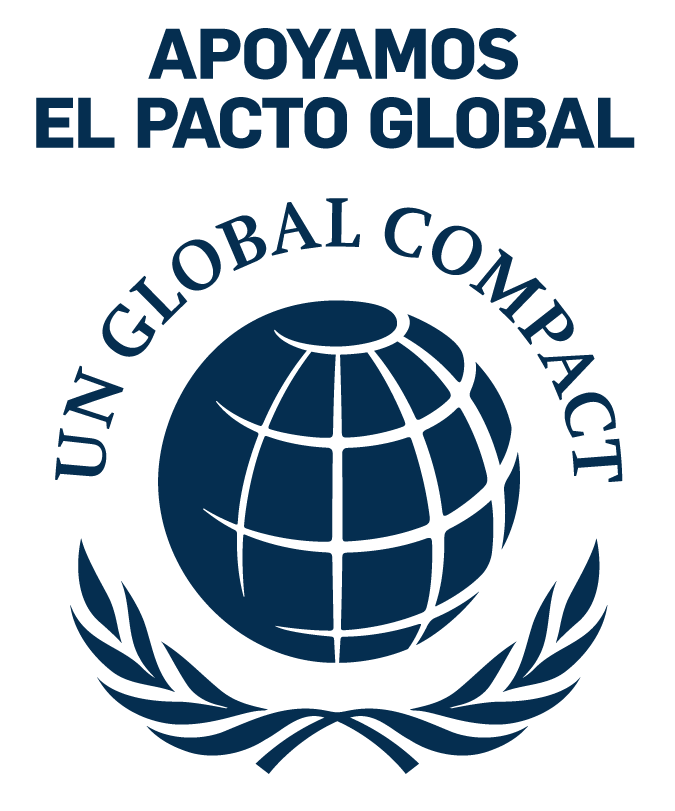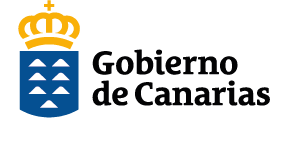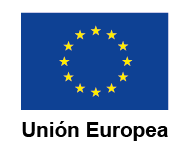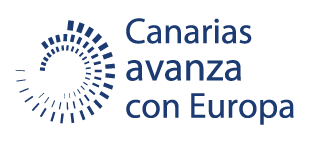Dr. Elisa Bordes Galván, specialist in Angiology and Vascular Surgery at San Roque Las Palmas University Hospitals, tells us the importance of preventing and treating varicose veins.

How to eliminate and prevent varicose veins effectively
Varicose veins, also known as varicose veins, are a very common problem in our country. In addition to an obvious aesthetic problem, varicose veins can cause symptoms such as tired legs, pain and swelling, which affect the quality of life of those who suffer from them.
Why do varicose veins appear?
Varicose veins are dilated veins that form due to damage to their valves, whose proper functioning is essential to return blood from the legs to the heart, against gravity.
They can produce a wide variety of symptoms, ranging from mild heaviness, burning and itching, to more disabling symptoms such as swelling and pigmentation of the ankles and even one sore. Furthermore, they can also be complicated by a thrombophlebitis, which is very painful.

The main causes and factors that influence the appearance of varicose veins are:
- Genetic predisposition
- Overweight
- Sedentary lifestyle
- Long working day standing or sitting
- Pregnancy
How to prevent varicose veins
It is essential to take preventive measures to avoid the formation of varicose veins and relieve the associated symptoms. There are a series of fundamental measures that help prevent its appearance:
What is the best treatment for varicose veins?
If you suffer from varicose veins, It is essential to go to a specialist that gives the appropriate indications according to your case. Among the possible treatments are:
- Venotonic drugs: They are drugs that act on venous tone, reducing capillary fragility and permeability that, although they are not curative, do help improve the quality of life of patients, reducing symptoms of heaviness, fatigue, cramps and even swelling.
- Compression socks: They help drain blood from the feet towards the heart.
- Surgery: There are different types of surgeries, from classic surgery to more innovative and non-invasive techniques that solve the problem quickly and easily.
- As you can see, varicose veins are a common problem with potential complications that can cause uncomfortable symptoms, such as tired legs, pain, and swelling.
Take long-term preventative measures, such as regular exercise, avoiding prolonged standing and wearing compression stockings, It is essential to prevent its appearance and maintain healthy legs. However, in the presence of varicose veins, it is crucial to seek the advice of a specialist to receive adequate treatment and improve quality of life.

Dr. Elisa Bordes Galván
Specialist in Angiology and Vascular Surgery in
San Roque Las Palmas University Hospitals
@elisabordes.cirugiavascular
